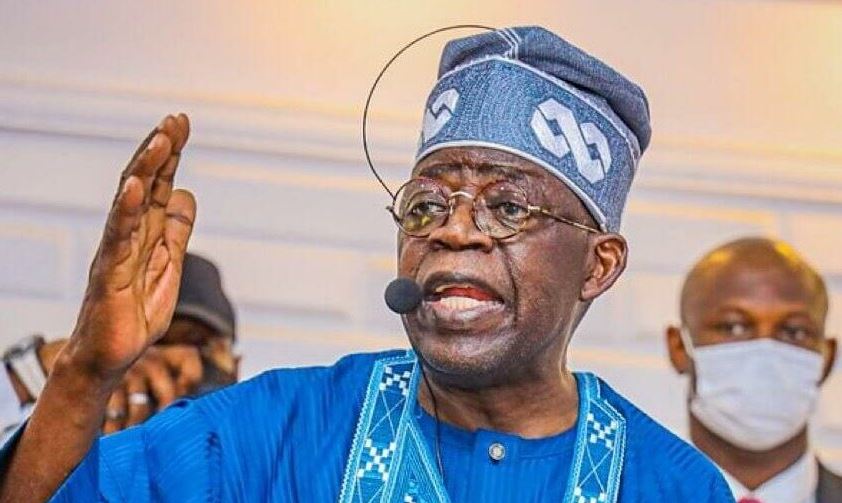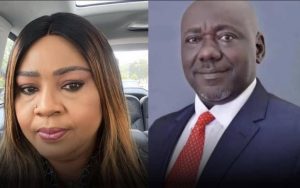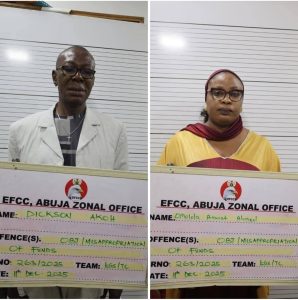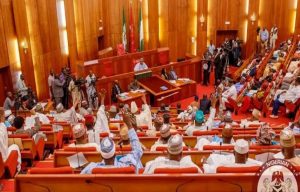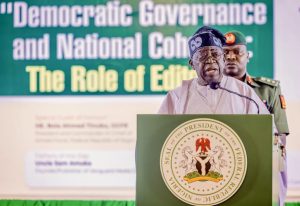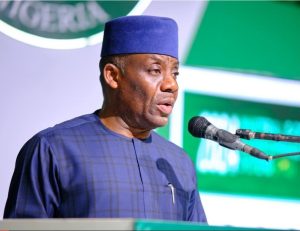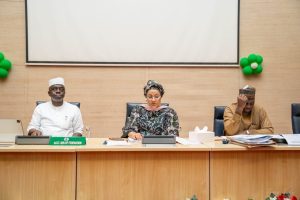By Damilare Adeleye
The Presidency has vehemently disassociated itself from what it called rumours and speculation on plans to reinstate fuel subsidy in Nigeria.
The rebuttal came after leaked draft policy documents sparked widespread discussions and reports suggesting the government could reintroduce fuel subsidies amounting to N5.4 trillion in 2024.
But, in a statement on Thursday, special adviser on information and strategy to the president, Bayo Onanuga, dismissed the viral documents as “unofficial” and mere “policy proposals” which were still subject to review at the highest levels, hence he urged the public and media to disregard them.
He said, “the attention of the Presidency has been drawn to two fiscal policy documents in circulation that are being given wide coverage by the mainstream media and social media platforms.
“One of the documents titled Inflation Reduction and Price Stability (Fiscal Policy Measure etc) Order 2024 is being shared as if it were an executive order signed by President Bola Ahmed Tinubu.
“The other is a 65-page draft document with the title “Accelerated Stabilisation and Advancement Plan (ASAP), which contains suggestions on how to improve the Nigerian economy. President Tinubu received a copy of the draft on Tuesday.
“We urge the public and the media to disregard the two documents and cease further discussions on them. None is an approved official document of the Federal Government of Nigeria.
“They are all policy proposals that are still subject to reviews at the highest level of government. Indeed, one has ‘draft’ clearly written on it.
“The government wants to restate that its position on fuel subsidy has not changed from what President Bola Ahmed Tinubu declared on 29 May 2023. The fuel subsidy regime has ended.
“There is no N5.4 trillion being provisioned for it in 2024, as being widely speculated and discussed,” Onanuga stated.
Coordinating Minister of the Economy, Wale Edun, reiterated the stance, saying the Tinubu administration “is committed to mitigating the effects of this removal and easing the cost of living pressures on Nigerians.”
He said the focus was on tackling food inflation driven by high transport costs, including through the compressed natural gas (CNG) initiative to offset expensive petrol and diesel.
Onanuga warned the media against amplifying unverified documents to avoid misinforming the public on key economic policies and programs under the new administration.
“We call on the media to always exercise necessary checks and restraints in the use of documents that do not emanate from official channels so that the members of the public are properly informed, guided and educated on government policies and programmes,” he stated.
